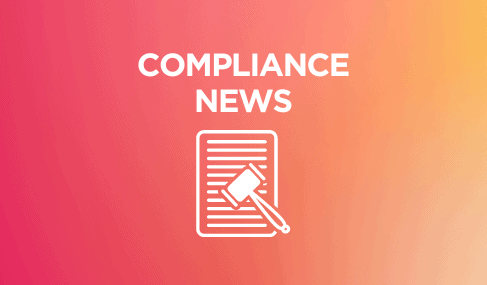
This article is is a repost from TCPA World, authored by Eric Troutman, the Czar of TCPAWorld and Founder of Troutman Firm. Our goal is to keep our customers and industry associates up-to-date with the compliance news reported for our industry. The information on this page and related links is provided for general education purposes only and is not legal advice. Convoso does not guarantee the accuracy or appropriateness of this information to your situation. You are solely responsible for using Convoso’s services in a legally compliant way and should consult your legal counsel for compliance advice. Any quotes are solely the views of the quoted person and do not necessarily reflect the views or opinions of Convoso.
Get a recap of the latest contact center compliance news delivered monthly to your inbox. Subscribe here >

Such evidence is particularly important in defeating certification – if a Plaintiff seeks to certify a class of “exceptions” to the policy there are almost certainly individualized issues at stake – but it can also find pay dirt at the summary judgment phase.
In Abboud v. Agentra, 2022 WL 4099740 (N.D. Tex. Sept. 7, 2022) for instance the Plaintiff sued Agentra arguing she had not consented to receive text messages.
Agentra brought summary judgment arguing that it had a routine practice of popping a screen to its agents to remind them to inform callers that they would receive transactional text messages as part of a sign up flow. In response, the Plaintiff argued that the Court could not accept that evidence but the Court disagreed:
Abboud provides no caselaw supporting her argument that Agentra can’t win summary judgment based on the type of evidence it provided. Actually, the caselaw teaches the opposite. Like other kinds of competent summary-judgment evidence, “routine practice evidence” can achieve summary judgment when the other party fails to rebut it with counter-evidence.
That’s a good reminder for all the TCPA defendants out there – always consider leading with your policies. If the Plaintiff fails to introduce evidence that the policy was not followed then you win outright. Even if the Plaintiff introduces such evidence, it generally only highlights an individual issue thwarting certification.
Always around to chat.
Get a recap of the latest contact center compliance news delivered monthly to your inbox.
